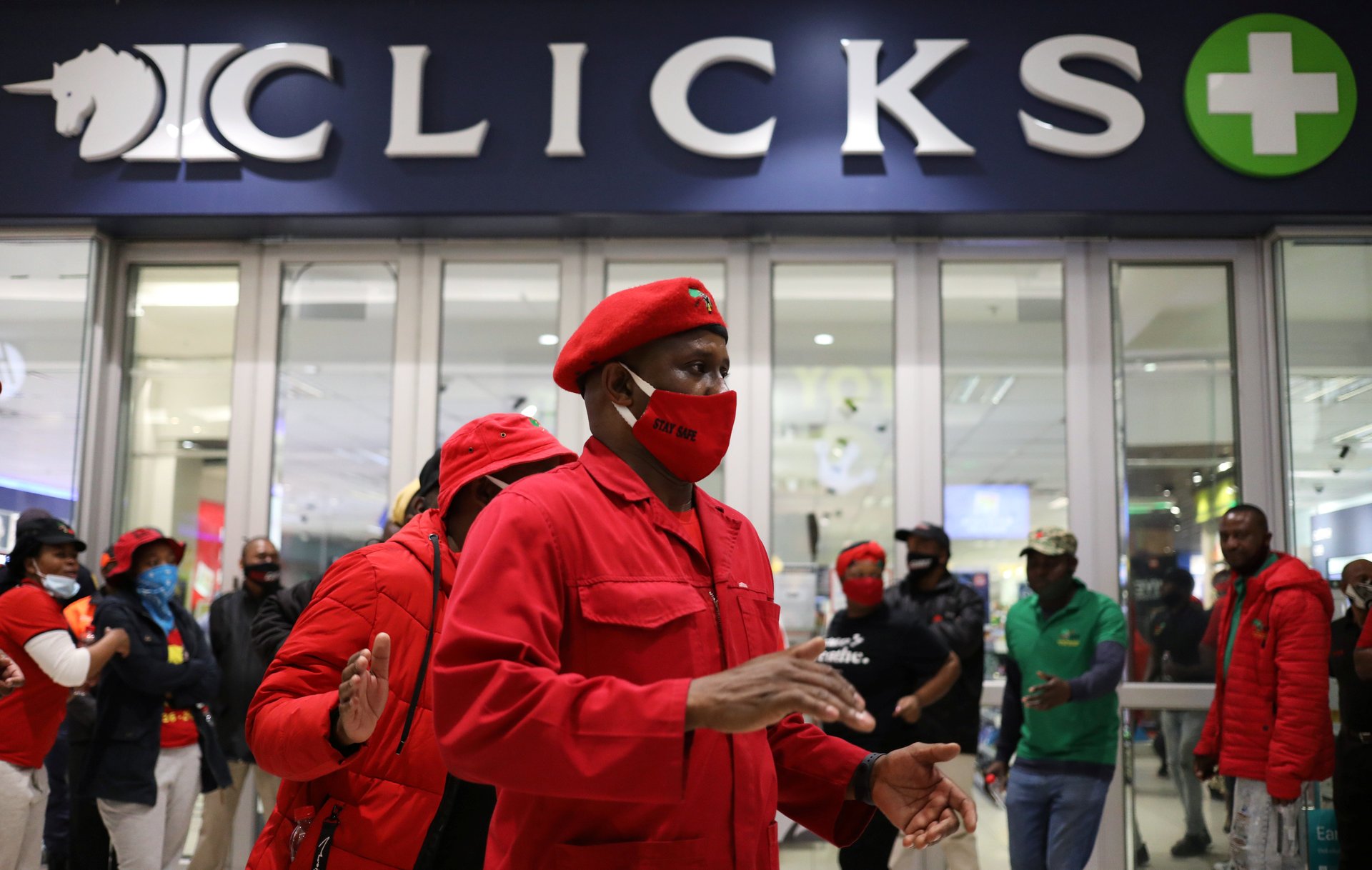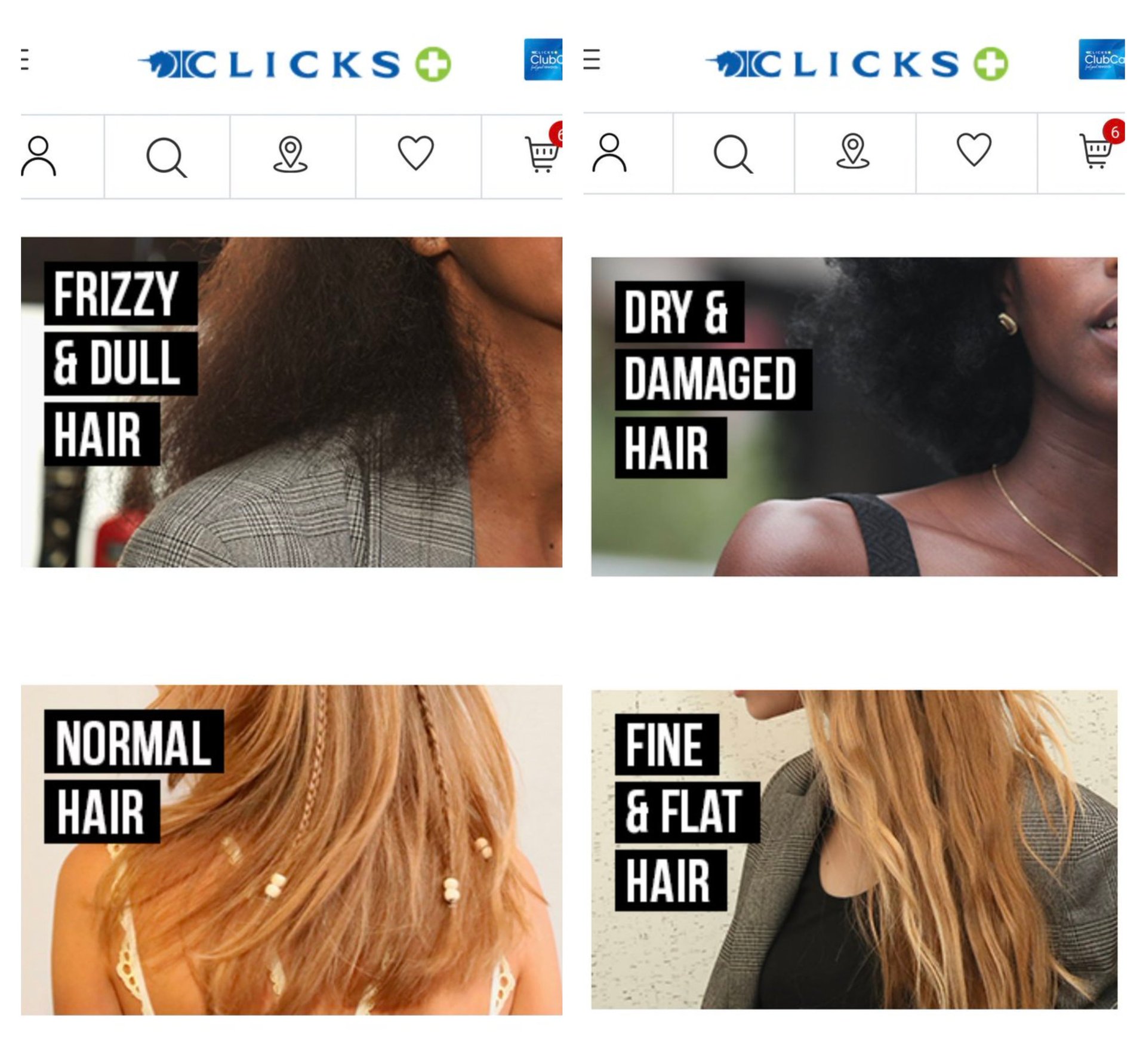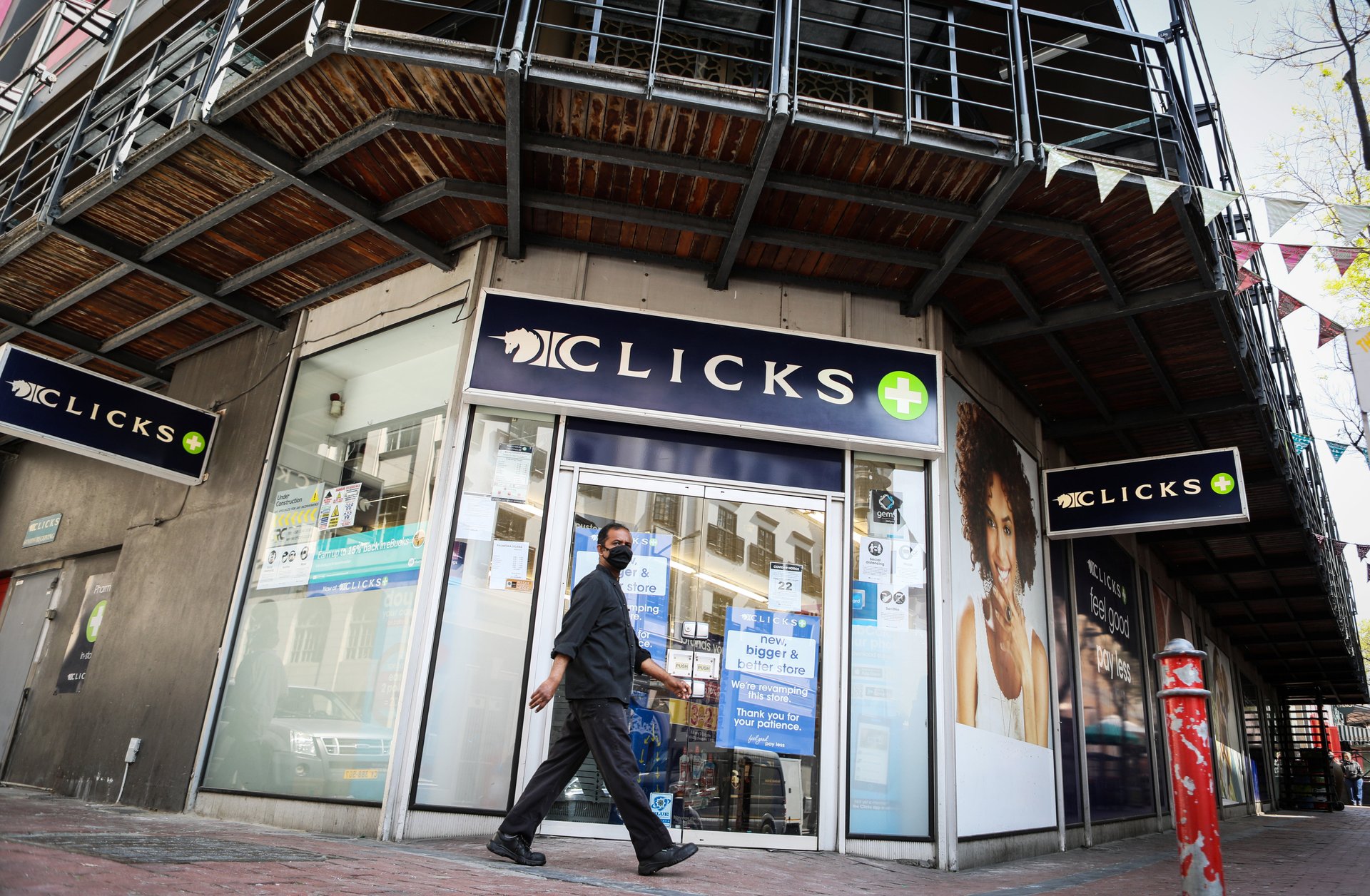An offensive haircare advert shows Black South Africans still have to fight apartheid’s race battles
Over the next five years, it’s estimated the South African haircare market will be worth just under $500 million. According to market research company, Mordor Intelligence, this will be a growth rate of 5.7%.


Over the next five years, it’s estimated the South African haircare market will be worth just under $500 million. According to market research company, Mordor Intelligence, this will be a growth rate of 5.7%.
But three major companies may not be best placed to leverage off this growth following a furor over an advert which has been labeled racist after it went viral.
Early this month, Clicks, a leading South African beauty and pharmaceutical retailer, published an advert to promote haircare products featuring two images of Black women’s hair, and two images of white women’s hair. Captions for the Black women strands were “dry and damaged” and ‘frizzy and dull’, while the white women’s hair images were captioned ‘normal’ and “fine and flat”.
Latest research from Statistics South Africa reveals that the country has a population that is more than 80% Black. With this majority Black citizenship, an advert that positioned white people’s hair as the norm elicited widespread outcry. The hashtags #ClicksMustFall and #clicksadvert trended for days on social media.
Condemnation of the advert came from many quarters including former public protector, Thuli Madonsela, who described it as a ‘textbook case of unconscious bias’. Criticism of the advert ranged from labeling it as insensitive to being racist. Reigning Miss Universe, Zozibini Tunzi who is South African and sports a natural hairdo, said it was “disrespectful to Black lives“.

The mane issue
In response to the reproof, Clicks has issued an apology, and an explanation that at least two other companies were involved in approving the advert. The two brands have largely kept themselves out of the fracas. TRESemmé has posted an apology on their website, while Unilever has not issued a statement or granted any interviews. Clicks has confirmed responsive steps they’re taking following the uproar.
These include delisting TRESemmé who originally supplied the advert, expanding their stockist list to include more local haircare companies, and working with government to develop the local beauty market. The reticence of Unilever and TRESemmé, combined with the steps announced by Clicks, reveals that many South African corporates are not yet adequately transformed to come close to being representative of the majority population.
It also shows they often do not implement transformation of their own volition. Only in 2020, and following public damnation that has included petrol bombs, looting, and closure of their stores, is Clicks announcing a renewed commitment to inclusion and diversity.
This is why for entrepreneur and TV mogul Basetsana Khumalo entrepreneur and former Miss South Africa; the advert isn’t just about hair. “It’s a reflection of an ongoing problem in this industry that dares to define what beauty is for anyone us. Black women’s hair is a political issue. When we wear dreads or an Afro in the corporate world it is seen as a sign of rebellion for some reason. I will not be silenced when I see the portrayal of white hair, as not just the norm, but the standard.”

The centering of a white person’s hair as “normal” is imbued with pain, given South Africa’s history. During apartheid, if a person’s skin tone didn’t immediately indicate their race, racial heritage was often classified in line with the results of a pencil test. A person was classified as white if a pencil was slid into their hair and fell out. If the pencil got stuck in their coils, they were labeled Black; and following this classification, would be designated a lesser-class citizen. In the context of this recent history, the images in the advert speak bluntly of a corporate culture whose default setting still centers whiteness.
Splitting hairs
While the hair stories of many South Africans are rooted in the country’s political history, response to the Clicks advert has also become political. The country has recently been plagued with procurement and corruption scandals relating to Covid19, horrific incidences of gender based violence, and a president set to face his party’s Integrity Commission over campaign funding controversies.
But none of these have elicited as many political statements, interviews, and social media spats as the Clicks debacle.
Twenty six years after apartheid officially ended, race remains a hot button topic in South Africa; one that politicians have pushed repeatedly in the past week. The ruling party’s ANC Youth League have called for a boycott of TRESemmé products, while 10 members of the firebrand opposition party EFF, including a senior party leader, have been arrested for destruction of property, following the protests it organized at Clicks stores nationwide. Meanwhile, the official opposition, the Democratic Alliance is calling for the arrest of EFF leader, Julius Malema for inciting violence.
The racist advert seems to have been the fodder for political mudslinging and exploitation of the narratives around race and South Africa’s unique history on the topic. With unemployment at over 30% amongst Black South Africans, and much of the country’s economic power in the hands of its white minority, the impassioned advocacy by political parties is often seen as a populist attempt to show solidarity with their majority voter bases. Municipal elections are scheduled to be held next year, and as with any other build up, the political games will get more brazen, frenetic, and roguish as the date approaches.
Sign up to the Quartz Africa Weekly Brief here for news and analysis on African business, tech, and innovation in your inbox